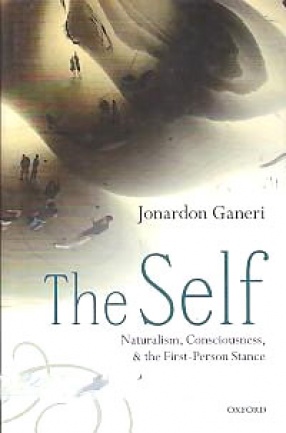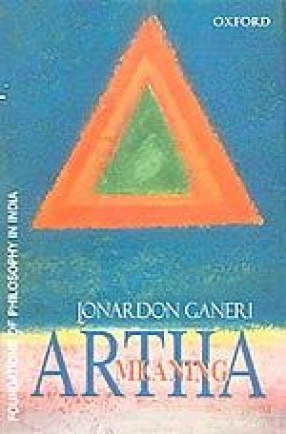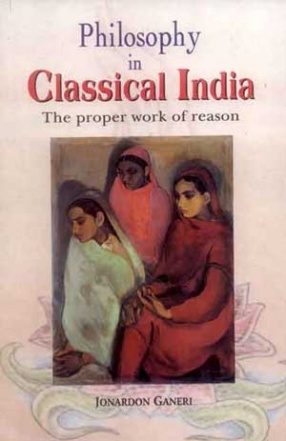
Showing all 4 books



What is it to occupy a first-person stance? Is the first-personal idea one has of oneself in conflict with the idea of oneself as a physical being? How, if there is a conflict, is it to be resolved? The Self recommends a new way to approach those questions, finding inspiration in theories about consciousness and mind in first millennial India. These philosophers do not regard the first-person stance as in conflict with the natural-their idea of nature is not that ...

Recent years have seen the beginning of a radical reassessment of the philosophical literature of ancient and classical India. The analytical techniques of contemporary philosophy are being deployed towards fresh and original interpretations of the texts. This rational, rather than mystical, approach towards Indian philsophical theory has resulted in a need for a work which explains afresh its central methods, concepts and devices. This book meets that need. ...

A renowned authority in the field of Indian studies, Bimal Krishna Matilal was one of the leading exponents of the philosophical and religious thought of classical India. Bringing together Matilal’s huge body of articles, this volume includes previously unpublished essays and reflects the extraordinary range of Matilal’s philosophical interests. The unifying motif of Matilal’s work is the study of rational traditions in Indian thought. With his ability to ...

A word has the power to stand for an object. And the capacity to understand words gives people the power to acquire knowledge. This relationship between a semantic and an epistemic power has been a core concern for Indian philosophers of language down the ages. In this second volume in the Foundations of Philosophy in India series (the first was Cit: Consciousness by Bina Gupta), Jonardon Ganeri examines theories of meaning or artha. He discusses approaches in ...
